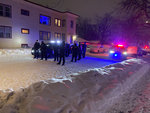
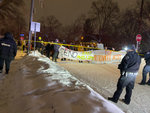
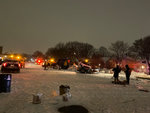
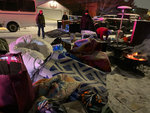
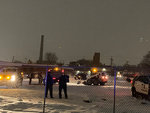
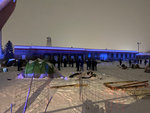
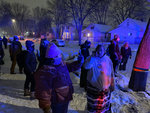

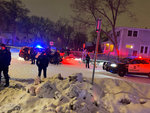
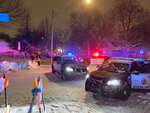
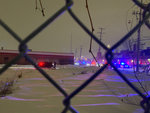
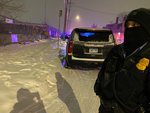
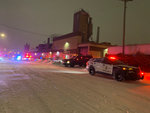
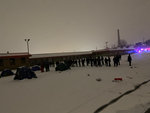

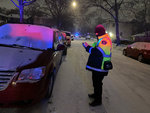
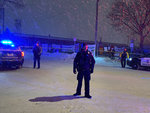
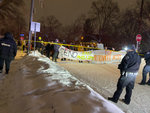
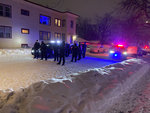
On Thursday, March 9, Minneapolis City Council passed recommendations to the State Legislature asking for stricter guidelines to remove protesters from council meetings, and to criminalize people who threaten elected officials. Although these recommendations appear broadly agreeable – threats on elected officials are never acceptable, context reveals that the laws are designed to silence BIPOC Minneapolitans and people concerned about environmental justice.
The recommendations were written because of the high tensions around the East Phillips Roof Depot demolition that has been raging in recent months. Council members in favor of these recommendations told false narratives that protestors against demolition are violent and destructive in their tactics. Their actions resemble other dangerous nationwide attacks on democracy coming from right-wing politicians.
The recommendations were written by Council Member Linea Palmisano of Ward 13 who says she felt threatened at the Feb. 23 council meeting in which Indigenous elders protested the demolition of the Roof Depot building in East Phillips. Ironically, elders are protesting because the demolition and proposed Hiawatha Expansion Project actually threatens their lives.
Council Member Jason Chavez, along with Jeremiah Ellison, Aisha Chughtai, and Robin Wonsley, argued that the recommendations are thinly disguised methods of silencing already stifled constituents, and criminalizing already oppressed populations. Chavez points to the hypocrisy of the policy, saying, “I have received many death threats… and my family and loved ones [have been] reported to Immigration and Customs Enforcement… And I have yet to receive any help from council leadership… I have heard nothing of that sort.” Council members who oppose these recommendations argued that the laws will not protect council members; they will punish protestors.
Council members who voted in favor of the recommendations based their arguments on their fear of BIPOC residents. LaTrisha Vetaw said, in reference to a police report she filed against constituent DJ Hooker (who is Black), “My life flashed before my eyes.” Her comments resemble stand-your-ground laws in which fear of BIPOC citizens is twisted into legalized racism. Vetaw and other council members are treating this constituent as guilty before due process – a racist phenomenon that Black people often have to deal with in the American justice system.
In another case of fear-mongering, Council Member Michael Rainville posted a campaign advertisement on Twitter in which he claimed that East Phillips protesters “shut down” a city council meeting. This is a bold lie. At the meeting he is referencing, the council succeeded in voting, and when protesters exclaimed their frustration, they were escorted out of the hall by security.
City Council members who lack rationale for demolishing the Roof Depot building in East Phillips are turning to racism and lies to sway constituents.
Ward 10 City Council Member Aisha Chughtai analyzed the council’s recommendations precisely: “In the places that have implemented laws like this… the impact in real life, in real time, has been harsher criminal penalties and criminalization of people of color, of LGBTQ people, and of those without permanent citizenship status... These laws historically have been carried by far-right Republicans.”
All across America, right-wing politicians are taking every opportunity to criminalize basic functions of democracy. Minneapolis is no exception. Council Members Rainville, Vetaw, Goodman, Koski, and Palmisano are using their fear of BIPOC protesters to rouse a base against the East Phillips Neighborhood Institute and Little Earth vision for environmental justice in East Phillips. Out of fear and racism, Council Members are undermining Minneapolitans’ Constitutional right to protest. They are attempting to solidify their power against the people.
Daniel Schmidt is a Phillips resident.
Comments
No comments on this item Please log in to comment by clicking here